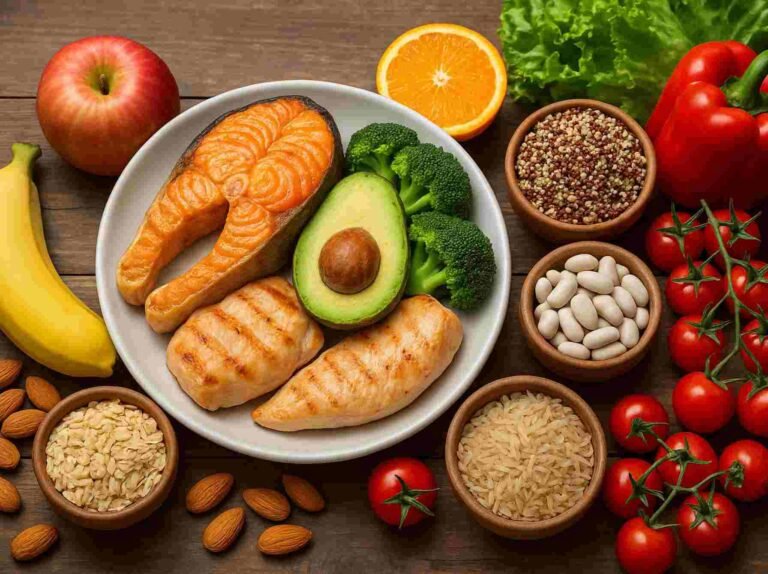Every now and then, your body needs a break—from food, from stress, from overload. And when you give it that break, something powerful happens inside: your body begins to clean itself up.
This quiet, natural process is called autophagy. And it might just be one of the most important health tools you already have.
What Is Autophagy?
Your body knows how to heal.
Autophagy (pronounced or-TOF-uh-jee) means “self-eating.” That might sound strange, but it’s really just your cells cleaning house.
Inside each of your cells are little parts that help you move, think, and stay alive. Over time, some of those parts get old or broken. Instead of tossing them out, your body recycles them. It breaks them down, saves what still works, and uses those parts to build something new.
It’s like your body has a tiny repair shop running 24/7.
Why Is Autophagy Important?
Autophagy keeps you young.
When autophagy is working well, your body can:
- Clear out damaged cells
- Fight off sickness (like cancer and infections)
- Keep your brain sharp
- Slow the signs of aging
In short, autophagy helps your body stay clean, strong, and sharp. Think of it as your own personal reset button.
How Does Fasting Turn On Autophagy?
Fasting flips the switch.
Your body turns on autophagy when food runs low. That’s why fasting—going without food for a set time—can be so powerful.
After about 12 to 16 hours of fasting, your body says, “Let’s clean up!” It shifts from storing energy to fixing things. And that’s when autophagy kicks into gear.
The longer you fast, the deeper the cleanup goes (within safe limits). But even shorter fasts can make a big difference.
What Happens During Autophagy?
Your cells clean and rebuild.
Here’s what your body does during autophagy:
- It finds old or broken parts inside your cells.
- It breaks them down into pieces.
- It uses the good pieces to make new, healthy cell parts or to create clean energy.
This is your body’s natural repair system at work.
What Are the Benefits of Autophagy?
Healing starts from within.
When autophagy gets going, you may notice:
- More energy
- Better focus and memory
- Less inflammation (pain and swelling)
- Easier weight loss
- Fewer illnesses
- A longer, healthier life
Your body takes care of you—it just needs a chance to do it.
How Can You Boost Autophagy Naturally?
You don’t need to do it all at once.
Here are some simple ways to trigger autophagy:
- Intermittent fasting (like 16:8 — fast 16 hours, eat during 8)
- OMAD (One Meal A Day)
- Longer fasts (24 to 72 hours, only with medical help)
- Exercise, especially walking or cardio
- Low-carb diets like keto or carnivore
Autophagy is already built into your body. You just have to give it room to work.
Common Myths About Autophagy
Don’t believe everything you hear.
Let’s bust a few common myths:
- ❌ You have to starve to get autophagy
✅ Even short fasts can help. - ❌ Autophagy only happens when you fast
✅ It happens all the time—fasting just boosts it. - ❌ Coffee breaks a fast
✅ Black coffee and water usually don’t stop autophagy.
Is Autophagy Safe for Everyone?
Most people can fast—but not everyone should.
Fasting and autophagy are safe for many people. But please check with your doctor first if you:
- Are pregnant or breastfeeding
- Are under 18
- Take medications or have diabetes
- Struggle with eating disorders
Listen to your body. Stay safe. Get help when needed.
Final Thought: Let Your Body Clean House
Your body wants to thrive.
Autophagy is like a spring cleaning deep inside your cells. When you fast, your body gets a break from digesting and starts repairing instead. It clears out the junk, uses what it can, and builds you back better.
No pills. No fancy programs. Just time, patience, and trust in your body’s own wisdom.
See you! 😊
Warmly,
Paul



